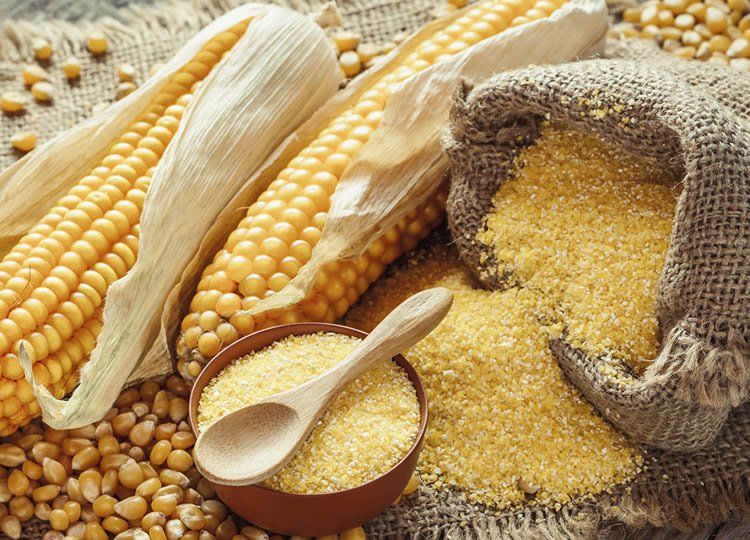Mexico imposed a 50% tariff on corn imports and also imposed a 50% tariff on corn exports, according to a presidential decree published on Friday.
The presidential decree recognizes that the exemption of the tariff on imports of white flour corn has not generated a significant impact on the decrease of prices in the Mexican market.
On May 4, 2022, the Government announced the Package Against Inflation and Famine (PACIC), which implemented several measures to increase the production and distribution of goods, including the suspension for six months of import tariffs on 21 basic foodstuffs.
This package also included the creation of a corn reserve, price guarantees for small producers of corn, beans, rice and milk, additional support for food supply programs, and meetings between the government and private companies aimed at stabilizing the prices of certain basic foodstuffs.
Then, on October 19, 2022, a decree was published in the Official Gazette of the Federation exempting commodities from import duties and simplifying the import regime for these goods.
Tariff
The new tax on corn imports and exports will be in effect until December 31, 2023.
The federal government argued that the supply and production of white corn in Mexico are important factors in determining its price and, therefore, also of the various consumer products made from it, mainly tortillas.
Therefore, in order to promote the strengthening of domestic production, the domestic market and the production chain of this grain, as well as to ensure market conditions that allow stabilizing its price, it is appropriate to temporarily modify the tariff applicable to corn imports.
Consumer inflation for 2022 was 7.8%, higher than Banco de México’s inflation target of 3.0% (+/- 1.0%) for the year, 0.5 percentage points higher than consumer inflation of 7.4% for 2021 and 4.7 percentage points higher than consumer inflation of 3.2% for 2020.
This trend reflects the cumulative effects of the Covid-19 pandemic, including supply chain issues that have increased production costs, and of the Russia–Ukraine conflict on the global economy, which have led to increased economic uncertainty and upward inflationary pressures.

